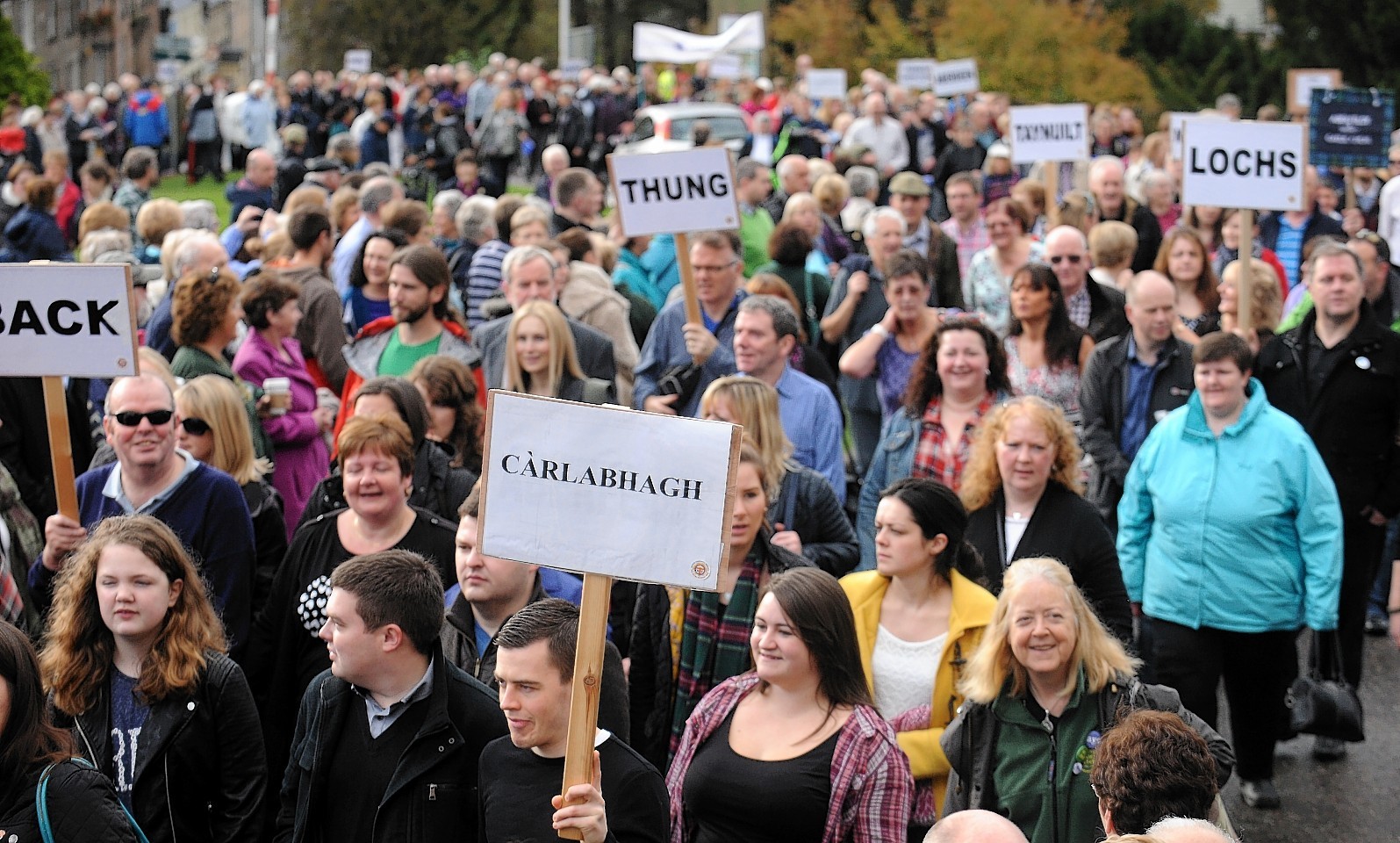The use of Gaelic could worth up to £150million a year to the Scottish economy, according to new research by Highlands and Islands Enterprise (HIE).
The development agency suggests that the language is worth between £81.6million and £148.5million a year to businesses and community groups.
And tourism and the creative industries were identified as two main areas where Gaelic can boost business.
The HIE report suggests the use of the language in branding and advertising can make a business more attractive to customers.
Researchers said Gaelic could enhance the distinctiveness of products and services and customers’ perceptions of their “authenticity and provenance”.
Director of strengthening communities with HIE, Rachael McCormack, said: “When we talk about Gaelic, the emphasis is often on the need for public support to ensure the language can survive and grow.
“Until now, much less has been said about its important role as a valuable economic and community asset, which has great potential to make a positive and measurable contribution to Scotland.
“Our new study demonstrates that Gaelic not only plays a unique role in Scottish culture, but can be viewed and used as an asset in a range of fields, particularly the sectors of creative industries; food and drink; education and learning, heritage and tourism.”
HIE collaborated with Bord na Gaidhlig, Scottish Natural Heritage, Creative Scotland, Highland Council, Argyll and Bute Council, and Western Isles Council to produce the research.
John MacKay, chief executive of Bord na Gaidhlig said: “The findings of this research demonstrate emphatically that the currently modest investment in Gaelic translates into significant economic contribution, not just in the Highlands and Islands but in the central belt of Scotland as well.
“We have known for some time through previous studies that, relative to its size, the Gaelic community punches well above its weight in its contribution in a range of sectors, and this reinforces and expands on the previous baseline.”
Minister for Gaelic, Alasdair Allan said: “This report highlights for the first time, ways in which businesses and other organisations are capitalising on the language to generate economic value.”
